
Mon-Fri 9am-5pm
Talk to our friendly electric car leasing experts now: 01942 910 001This website uses cookies to ensure you get the best experience. Learn more
Your Definitive Guide to the Volvo Ex90 Estate Electric Car Lease

Is the Volvo EX90 estate electric car lease perfect for a Chartered Surveyor with a Limited Company
The requirement for a fully-electric 7-seater is now somewhat apparent. Until 2023 / 2024, there was a definite shortage of genuine 7-seat options for family customers to enjoy as a pure EV.
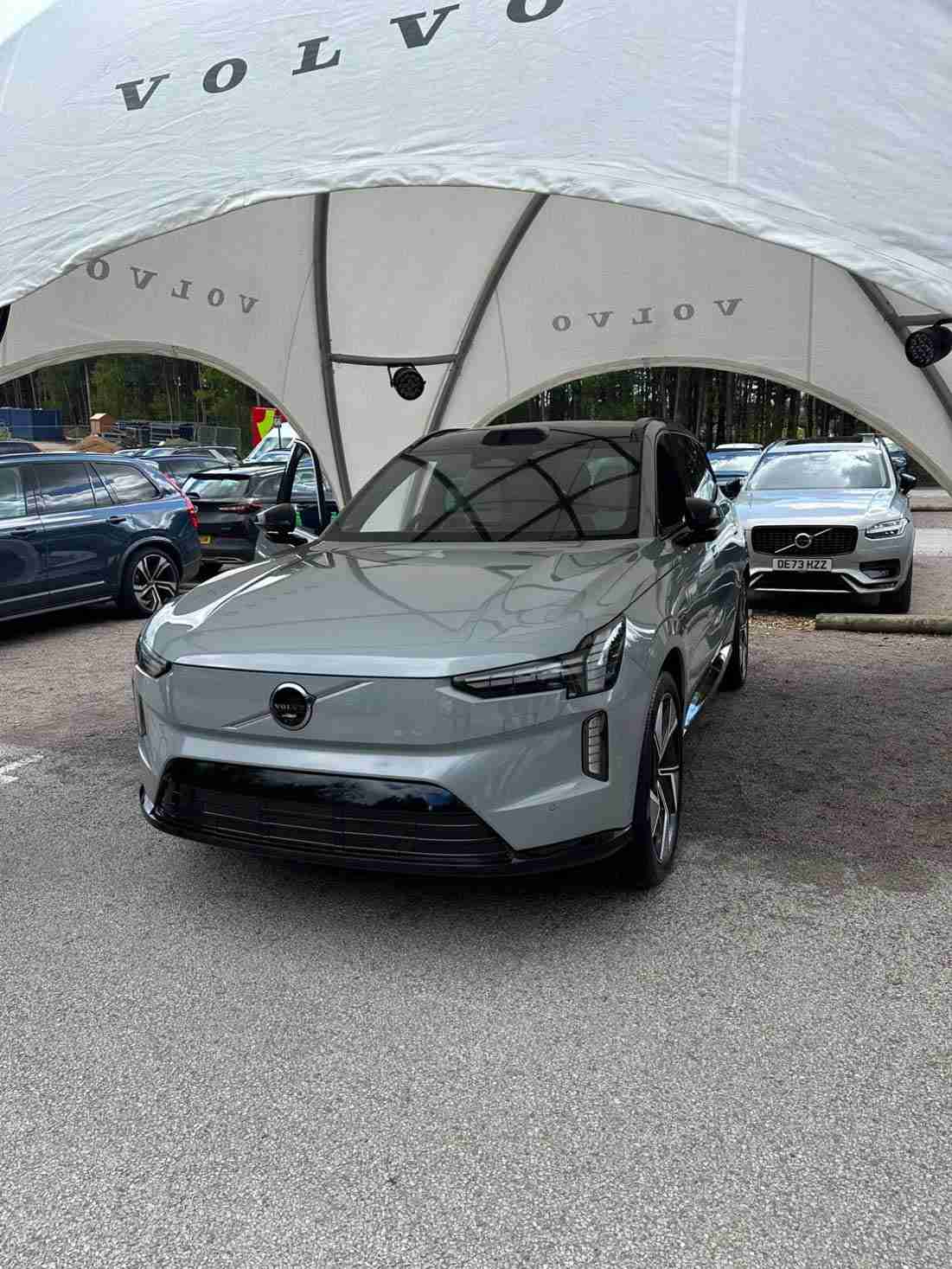
So far, vehicles like the Mercedes EQB, Tesla Model X and van-derived vehicles like the Citroen e-Berlingo and Vauxhall Combo electric have been utilised as the key options to lease. One misnomer to point out is that the current VW ID.Buzz is NOT a 7-seat car. The upcoming ID.Buzz LWB model, which we wrote about in March 2024 will be available for the extended family / passenger carrying capacity.
But until this launches, two new contenders will be looking to dominate this segment of the EV market - the Kia EV9 and the vehicle shown, the Volvo EX90 .
Volvo are looking to utilise their tagline of both safety and premium luxury when it comes to their new all-electric SUV. As per the Volvo website this option is based on all-electric platform (it is not a combustion conversion), with versatility and ergonomic comfort for up to 7 people.
Plus this will be a new era for safety with their radars, cameras and detection system all delivered via next-generation connectivity. In terms of options, there will be just one specification line available, as per the below:
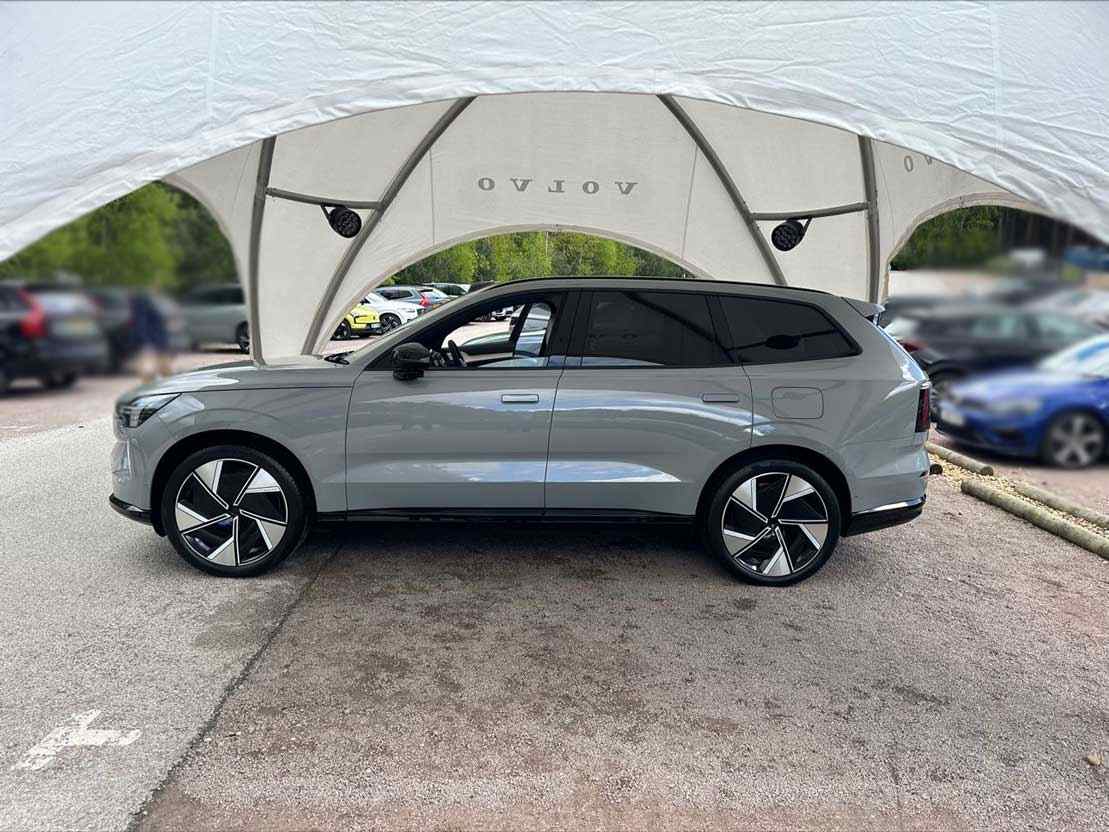
- Ultra - from £96,255 for a standard battery option, this includes Safe Space technology, high definition Pixel lights, Driver understanding system, air purifier, 4-zone climate, heat pump, heated steering wheel, 14.5” centre display, 360 degree camera, active air suspension, active chassis, BLIS and cross-traffic alert, headlight clearing, HUD, park pilot assist, road sign information, 22” alloys, panoramic roof, Nordico upholstery, keyless entry, hands-free tailgate, alarm, digital key plus, Whiplash protection, heated rear seats, massage front seats, powered 4-way lumbar support, power driver seat with memory, Bowers & Wilkins audio, DAB+, wireless charging for your phone plus OTA (Over the Air Updates).
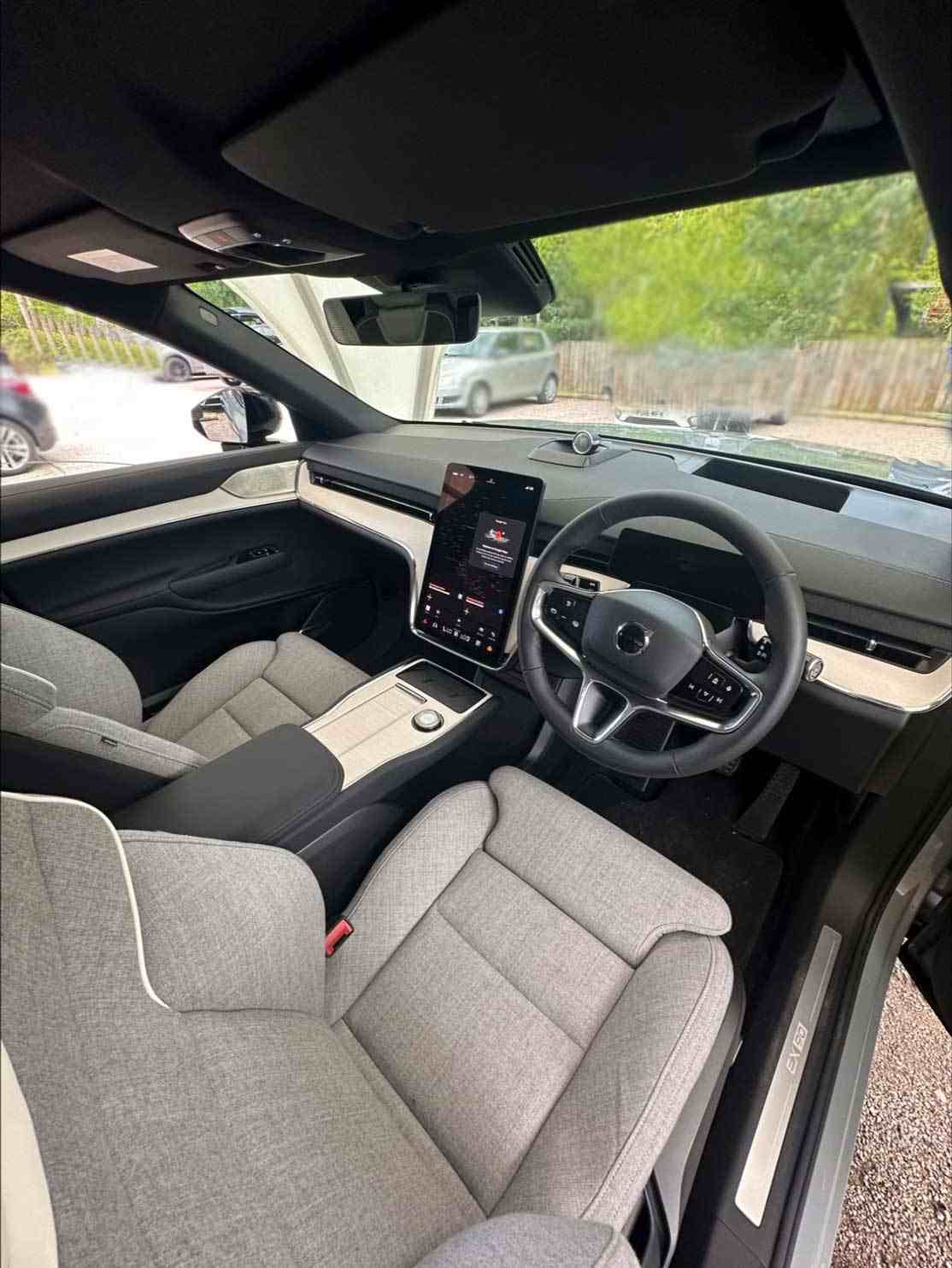
Personalise your Volvo SUV with a range of exterior colours (Onyx Black, Vapor Grey, Denim Blue, Platinum Grey and Silver Dawn) and interior choices (Dawn Quilted Nordico, Cardamom Quilted Nordico and Charcoal Nordico). Exterior options include the integrated running boards, automatic folding tow bar, mud flaps for the front and rear plus the VTS S5 tracker.
And for battery choices, you can elect for the standard Twin Motor or upgrade (for nearly £4,500) to the Twin Motor Performance:
- Twin Motor - this AWD SUV will have a 107 kWh usable battery which will offer 0 – 62 times of 5.9 seconds, 112mph top speeds and 300 kW (or 402hp). Expect a combined winter range of 245 miles with warmer weather allowing for 325 miles – a 290 mile combined. On charging, the 11 kW AC max will allow 11 hour and 30 min 0 – 100% charging times with the 250 kW DC maximum allowing 32 minute 10 – 80% times. A cargo volume of 310L is available with this car (although this is 1915L with the seats reclined). It has a vehicle fuel equivalent of 110 mpg. You can tow 750kg (Unbraked) and 2200kg (Braked) with this option. It also has full Bidirectional capabilities with V2L, V2H and V2G all planned to feature. The Heat Pump is standard; and
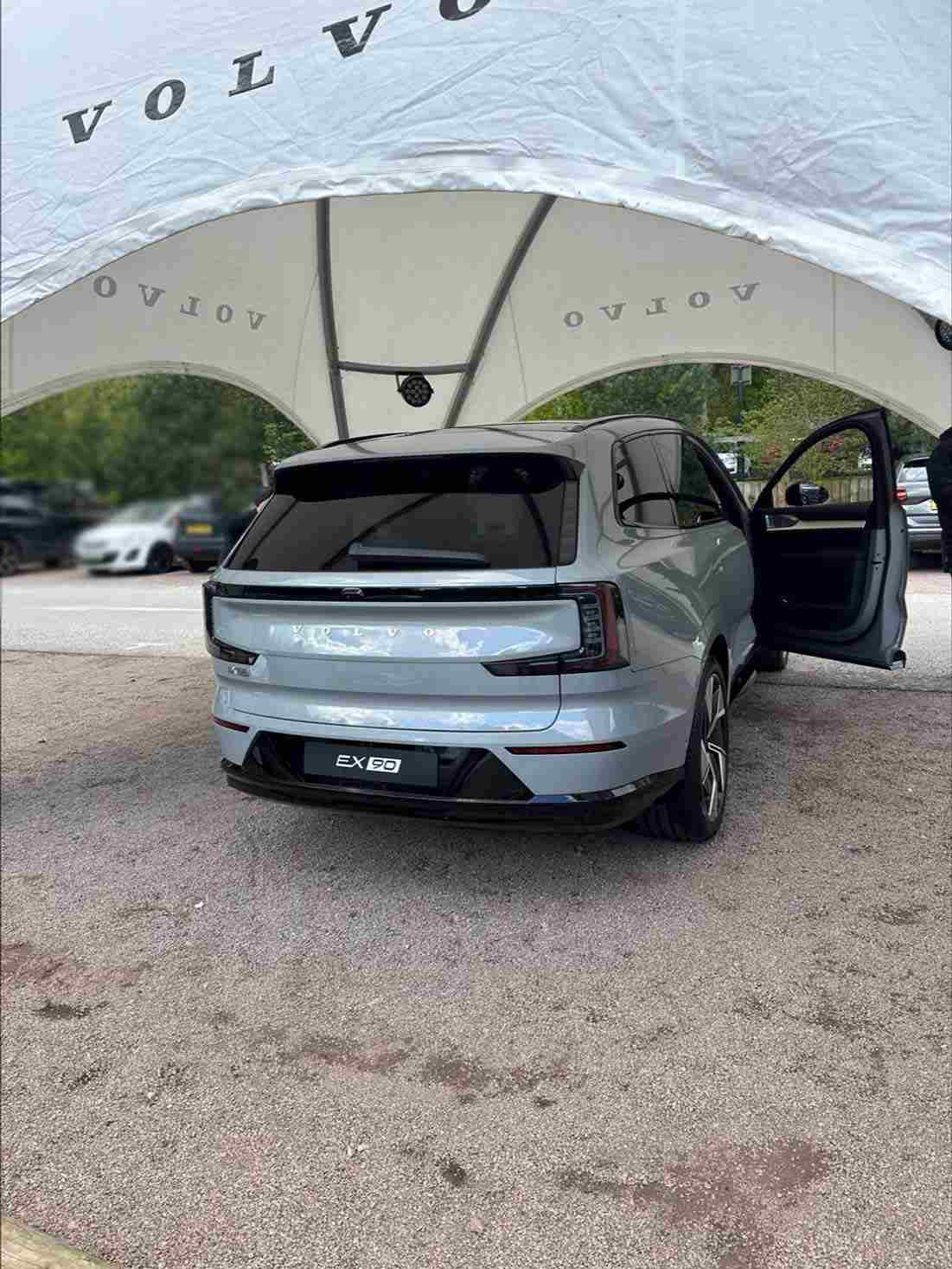
- Twin Motor Performance - this AWD SUV will have a 107 kWh usable battery which will offer 0 – 62 times of 4.9 seconds, 112mph top speeds and 380 kW (or 510hp). Expect a combined winter range of 240 miles with warmer weather allowing for 315 miles – a 280 mile combined. On charging, the 11 kW AC max will allow 11 hour and 30 min 0 – 100% charging times with the 250 kW DC maximum allowing 32 minute 10 – 80% times. A cargo volume of 310L is available with this car (although this is 1915L with the seats reclined). It has a vehicle fuel equivalent of 106 mpg. You can tow 750kg (Unbraked) and 2200kg (Braked) with this option. It also has full Bidirectional capabilities with V2L, V2H and V2G all planned to feature. The Heat Pump is standard.
For Chartered Surveyors with a Ltd Company some Tax Considerations when Leasing an EV
For many chartered surveyors, or surveyors who have not yet registered with the RICS (Royal Institution of Chartered Surveyors), there will be quandary at the commencement of your business as how to trade.
Speaking with your accountant, you will see that there are a number of routes such as a sole trader (or partnership if more than one), a Limited Company (Ltd) and a Limited Liability Partnership (LLP). How you wish to trade, will depend on your attitudes to liability, taxation, commercial aspects and any sale / investment opportunities.
In addition, you will need to consider whether or not to register with the RICS , as this is not a legal requirement insofar as a commercial one. As per their websites, a “chartered surveyor” is one who has gained, and consistently demonstrates, a high level of skill or competence in their field of work. In becoming chartered and continuing with your CPD (continued professional development) you are entitled to use MRICS or FRICS after your name.
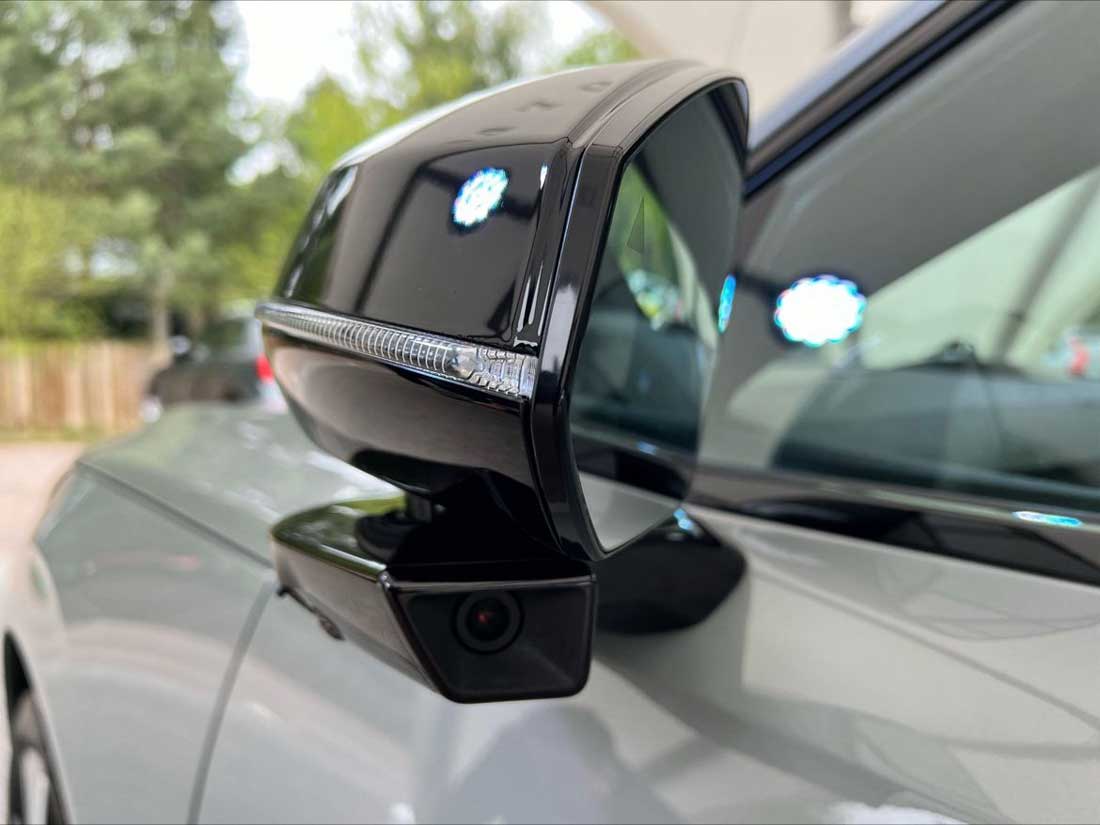
Like many small and medium business owners, surveyors (chartered or otherwise) will utilise a limited company, with government help available. There are a number of good reasons to set up a separate entity but in doing so, you undertake many obligations, such as publishing annual accounts with Companies House and paying your Corporation Tax on time.
In addition, if you turnover £90,000 (or more) you must register for VAT . Your legal or accountancy advisor will be able to help you with this. But in using a limited company to operate your business, there are some great advantages with electric company cars, like the Volvo EX90 which you should utilise in order to reduce your taxation and motoring expenses all in one.
When a company leases an electric car, with zero-emissions (shown as 0g/km), they can offset 100% of the rentals against Corporation Tax. For more polluting vehicles of 51g/km of CO2, they can only utilise 85% of the rentals. The same proportions apply equally to VAT, as you are entitled to claim back up to 50% of the VAT on your finance rentals and 100% on your maintenance rentals.
Do note, that if you wish to buy your EV (cash, hire purchase or contract purchase) then you can utilise Capital Allowances. This means that 100% of the vehicle’s value (and any interest payable on the finance) can be offset in year 1.
This is more relevant for cash-rich companies who are likely to have more significant Corporation Tax bills. Where you install a charge point at home, or the office, the value of this can also be offset against your Corporation Tax under the full expensing rules.
And if you do get the Electric Charge Point at work, any energy expended is not going to incur any personal tax implications like with petrol or diesel. For company car users with a fuel car, the Private Fuel for Company Cars will apply a tax benefit. This does not apply to BEV options.
As a director of your surveying business, you are indeed both a shareholder and employee. Because of the latter, you are obligated to pay income tax for any benefit you get.
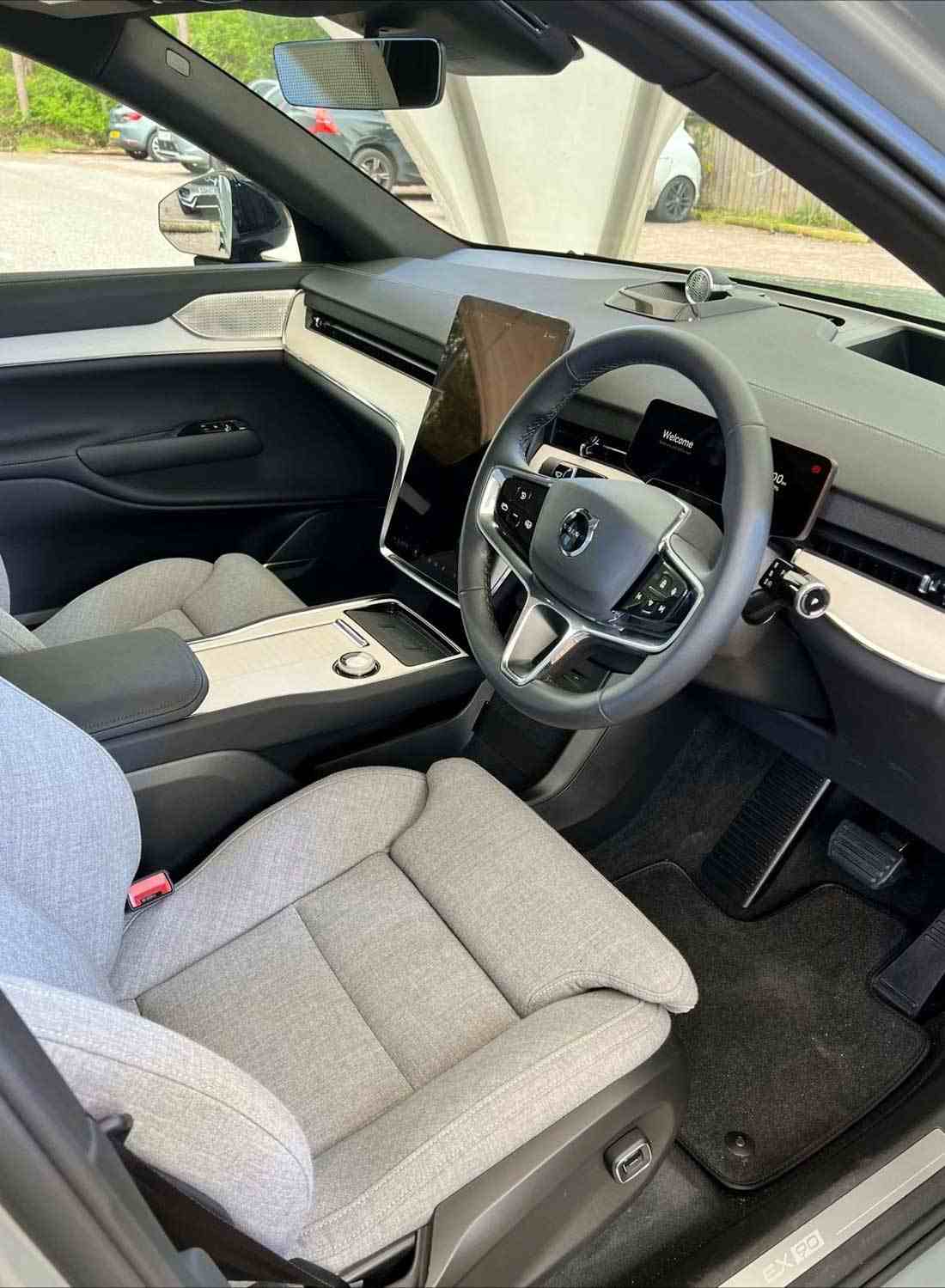
This is where company car users have been more attune to the EV revolution, as the UK’s taxation system is closely aligned to the emissions of the vehicle (as well as the value of the vehicle). The more polluting and more expensive your company car, the higher the tax you pay.
Because a Volvo EX90 emits 0g/km of CO2 this means that for tax year 2024/25 you would only incur 2% BiK (Benefit in Kind). For a 40% tax payer, this means a monthly tax bill of just £65 per month. Compare that to the hundreds of pounds you would be paying for a luxury SUV in petrol or diesel format and you soon see the financial implications. For business owners, this presents a considerably cheaper and more efficient way to run their vehicles, as opposed to procuring them personally (i.e. PCP or PCH).
When you consider EVs there are also some other great advantages. Your vehicle is far more environmentally-friendly and, in the future, will ensure you are not subject to emissions based charging via Congestion Zones or Clean Air Zones which are fast approaching.
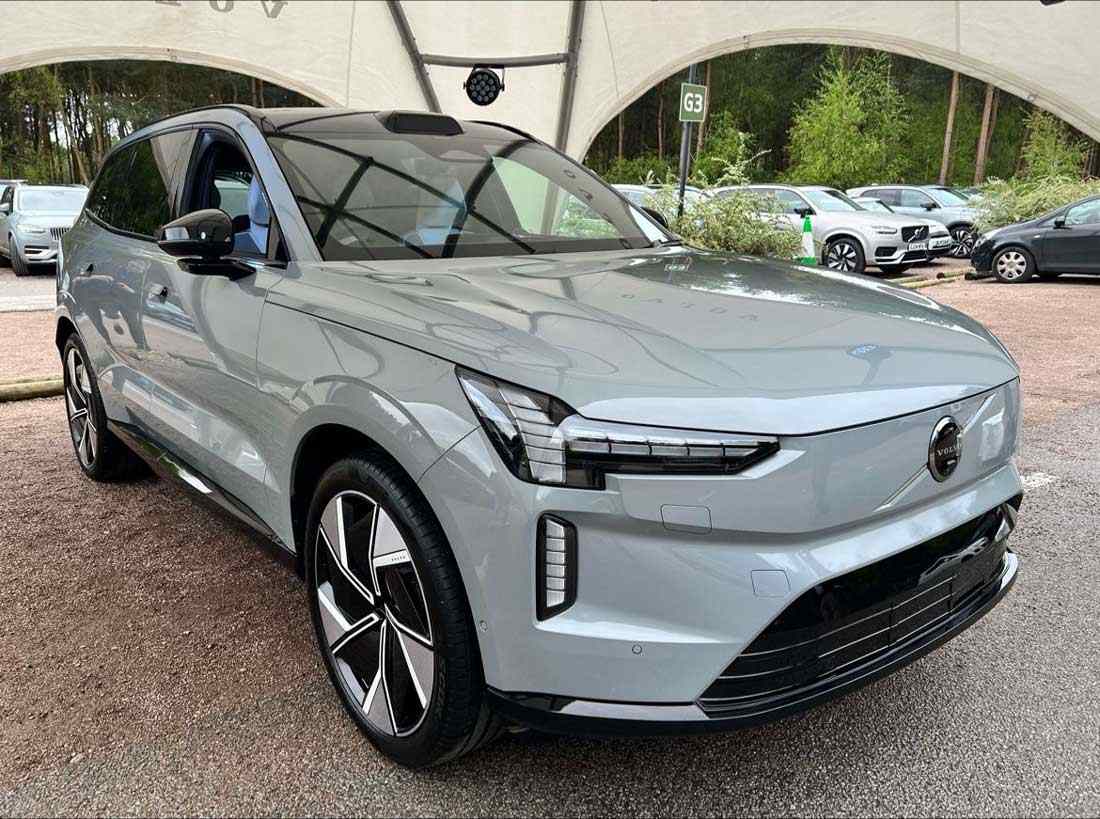
Plus you are helping to reduce the road-side pollution which has been proved to have caused many lung and breathing-related illnesses and challenges. Running costs can often be lower, with less servicing (and cheaper servicing) now a distinct characteristic. There is simply less to service and maintain other than the tyres and suspension. Road tax/ VED is currently much cheaper with EVs but, as we identified recently, this will be changing .
The Expensive Car Supplement in particular will come into effect for lithium-tech automotive. With some amazing charging tariffs for domestic households, like the OVO Charge Anytime at 7 pence per kWh, this means you could fully-fuel your Volvo EX90 for just £7.50. With a 290 real-world range, this equates to a cost per mile of just 2.58 pence in fuel.
Far less than your traditional petrol or diesel luxury SUV, which would be approaching 20 pence per mile! The pros are endless if you take the time to consider them properly.
For more help or advice in taking your surveying business all-electric, don’t forget to call our expert term at e-car lease on 01942 910 001 or email at [email protected].
e-car lease work alongside these select finance companies:





e-car lease have a partnership and affiliation with:



Register & get new deals weekly
 Exclusive offers
Exclusive offers
 Electric-only deals
Electric-only deals
 Never miss out
Never miss out

Talk to one of our experts
01942 910 001 Email us© Copyright 2025 e-car lease. All rights reserved. e-car lease is a trading name of CarLease (UK) Ltd, e-car lease is a credit broker and not a lender. We are authorised and regulated by the Financial Conduct Authority. Registered No: 706617. BVRLA Membership No. 1471. Registered in England & Wales with Company Number: 09312506 | Data Protection No: ZA088399 | VAT No: 200422089 | Registered Office: Kings Business Centre, Warrington Road, Leigh, Greater Manchester, WN7 3XG
Made by morphsites®














